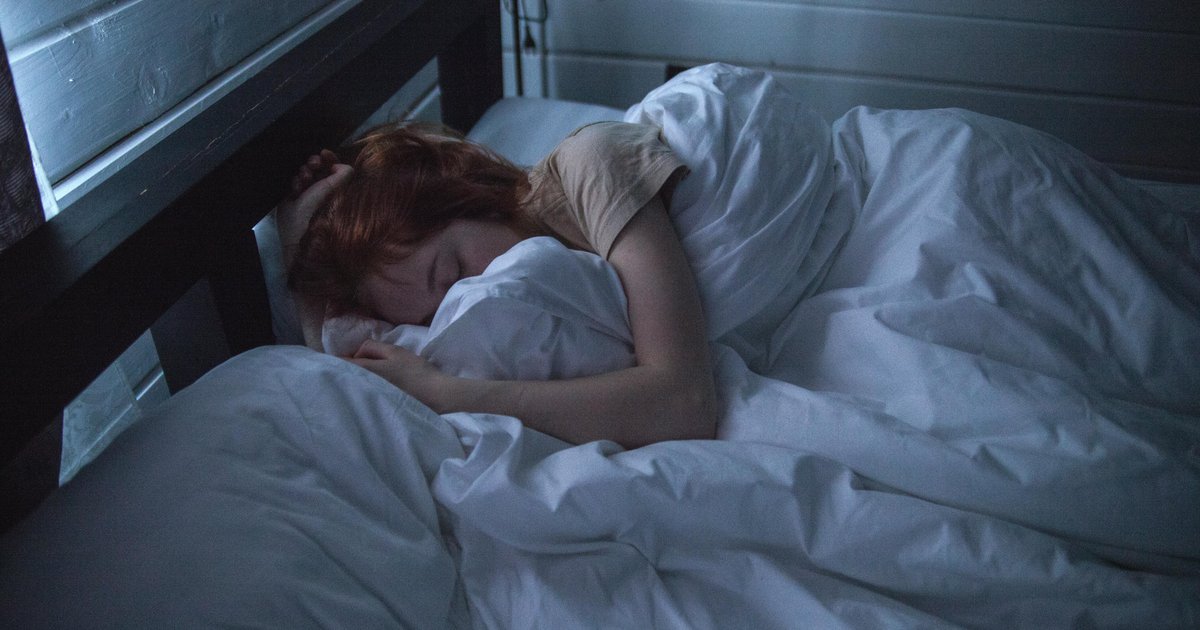Philadelphia’s summer nighttime temperatures are steadily increasing, which experts warn could negatively impact people’s health, wallet and quality of life.
Climate Central, a research and news organization, used data from the National Oceanic and Atmospheric Administration to analyze how nighttime temperatures have changed over the past five decades in 247 U.S. cities, 96% of which showed warming. Philadelphia has seen its average increase by 4.1 degrees from 1970 to 2024, about 1 degree more than the national average, according to the study published earlier this month.
MORE: Fewer Americans are dying of heart attacks, but other heart disease fatalities have surged
Hot nights restrict the body’s ability to cool off naturally or recover from sweltering days, which can lead to increased heat stress and health risks.
According to data from the National Weather Service, heat hazards are the most common weather-related fatalities in the United States. Experts say low-income, elderly and young populations are the most at risk of suffering heat-related illnesses.
Michael Mann, director of the University of Pennsylvania Center for Science, Sustainability and the Media, said his team was part of a study in China that was published earlier this year which found that high nighttime temperatures prolong the duration of extreme heat, putting people at higher risk.
“For those fortunate enough to have air conditioning, this can, of course, be minimized,” Mann said. “But for many in our community who don’t have this luxury, high nighttime minimum temperatures can be deadly.”
When air conditioning usage rises during heat waves, that also means higher energy prices.
“Some people are probably going to be making hard decisions about their comfort and their health based on how much it costs to cool themselves,” said Jen Brady, senior data analyst with Climate Central.
Researchers also created the Climate Shift Index, which uses modeling to quantify how likely weather conditions are because of human-caused climate change.
Using this data, Brady and her team found that from 2020 to 2024, an average of 23 summer nights (June-August) per year experienced higher temperatures due to climate change.
The extreme heat advisory that was in effect earlier this week was also noted by Climate Central to have been five times more likely to be caused by climate change than natural causes.
“There is no indication that this will let up anytime soon,” Brady said. “We have a certain amount of human-caused greenhouse gases in the atmosphere, and we are not ceasing to produce more. The causes of [summer nighttime temperatures] going up are not going away.”
